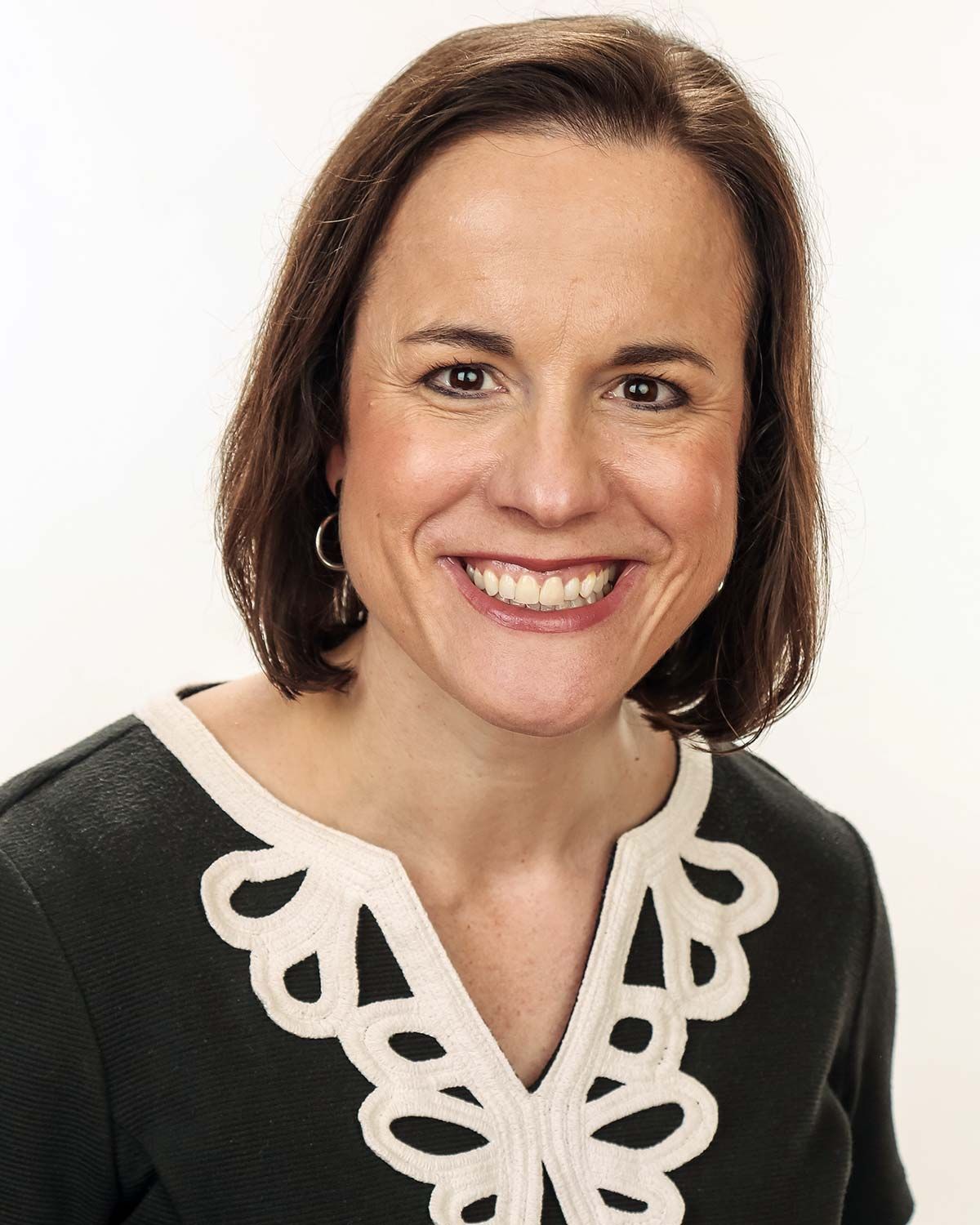Article
Updates in CKD Management for T2D, with Sara Reece, PharmD
Sara Reece, PharmD

Few fields in medicine have seem the extensive level of collaboration as cardiometabolic health in recent years. As a result of this growing acknowledgement of the intersectionality between metabolic, renal, and cardiovascular conditions, multiple specialties have been tasked with the responsibility of prescribing and optimizing care of patients with diabetes.
Although much of this focus was, at least initially, focused on heart failure management in patients with type 2 diabetes. Further examination of SGLT2 inhibitors revealed renoprotective benefits and nephrologists joined endocrinologists and cardiologists as bearing responsibility for prescribing these agents to patients. More recently, finerenone has demonstrated its ability to reduce the progression of chronic kidney disease in patients with type 2 diabetes and the ongoing FIND-CKD trial will determine whether the nonsteroidal MRA could provide similar benefit in patients without diabetes.
Updates in CKD management in patients with diabetes was the focal point of a session led by Sara Reece, PharmD, director of interprofessional education and associate professor in the School of Pharmacy at the Philadelphia College of Medicine Georgia, at the Association of Diabetes Care and Education Specialist (ADCES) 2022 annual meeting. To learn more about the expectations and updates related to CKD management for members of the diabetes care team, Endocrinology Network reached out to Reece for further insight into the topic. A transcript of that conversation can be found below.
Updates in CKD Management for Patients with Diabetes
Endocrinology Network: Can you describe the main points of emphasis from your presentation on CKD management in type 2 diabetes?
Reece: Just thinking in terms of CKD and knowing the role of SGLT2 inhibitors with the ADA Standards of Care for this year clearly stating, for folks with chronic kidney disease and diabetes, that it's appropriate as a first-line treatment to put them on an SGLT2 inhibitor. With folks with chronic kidney disease with and without type two diabetes, finerenone is important for delaying the progression of chronic kidney disease.
Unfortunately, oftentimes, screening is not being done with the GFR and the albuminuria, and it really needs to be done. So, those were the points of emphasis in our presentation. The other is the consideration of making sure folks are getting treatment when they need it and considering, again, right away starting with SGLT2 inhibitors, then also starting finerenone in those with chronic kidney disease to delay the progression.
I think if folks if really did look at some of that trial data, certainly there was enough evidence to justify it to use, especially given the statistics on the number of people that end up with end-stage renal disease that have chronic kidney disease. Although there are folks out there that really wait to look at more evidence. I think of myself, for example, when getting an Apple Watch. I waited a while to get an Apple Watch to let other people try it out. So, I think there's going to be the same type of thing with this particular medication.
Endocrinology Network: What are some areas in immediate need of addressing to improve patient care?
Reece: Well, I would say 2 things right off. First, I would say recognizing what I like to call the 3 musketeers: dyslipidemia, hypertension, and diabetes. All of those have to be addressed to really delay progression, or even development of CKD.
So, really addressing all three of those, and making sure that absolutely all three of those being treated appropriately. It's more than just glycemic control. Then the other piece is using time in range, beyond just a HbA1c, because it gives a lot more deeper data and looking at outcomes. That's important when it comes to CKD looking at that time in range.
Endocrinology Network: Is there any concern the growing intersectionality of diabetes and the expanding knowledge base could contribute to burnout among diabetes care and education specialists?
Reece: I can absolutely appreciate what you're saying. Working in a family medicine practice with family medicine physicians and between medicine residents, just seeing day in and day out the burden they carry. Burdens of course sounds negative, but just keeping pace of everything because of the umbrella conditions.
It's a little bit different for the Diabetes Care and Education Specialist, I think we're coming to realize as a specialty, diabetes is on a cardiometabolic spectrum. So, as we're keeping up with our knowledge, we've got to think about cardio, vascular, metabolic, and renal in addition to the glycemic aspects of it. So, I think coming to conferences like this are important because you have the opportunities for the sessions to really get that information. After this, when folks go back home to really watch sessions they could not attend and read journals. I know the ADA and the ADCES does a good job with their journals. So, really looking just beyond glycemia but putting in including articles on renal, cardiovascular, and metabolic topics.
Editor's Note: This transcript has been edited for length and clarity.





